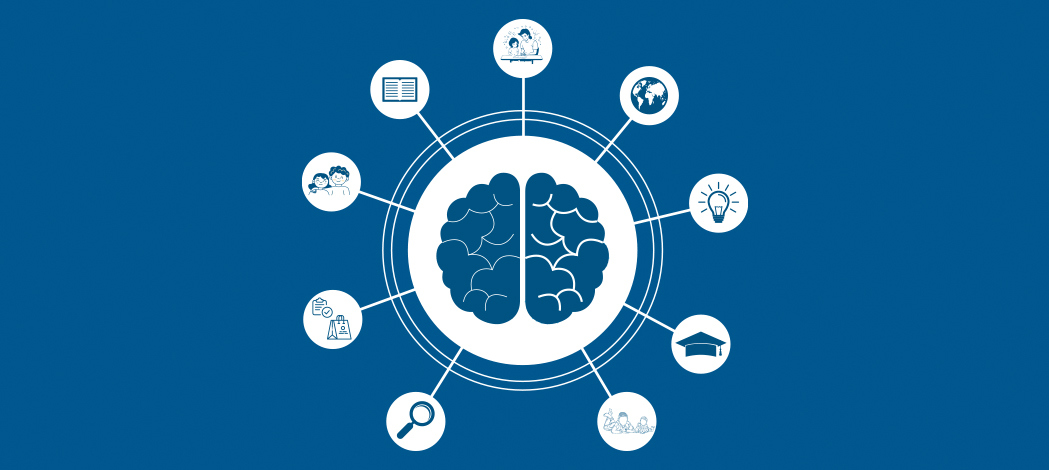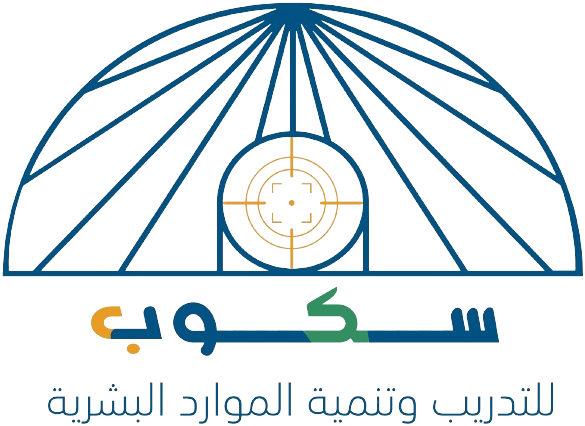
Educational Psychology Program
About this course
Educational psychology can be defined as a branch of psychology that focuses on studying the behavior of individuals in the context of education and learning. It is concerned with understanding how individuals develop and learn, as well as how educational and teaching environments affect their behavior, cognitive, and social development. This field encompasses the study of mental and behavioral processes during learning, along with the design, evaluation, and development of educational programs based on psychological principles. Consequently, educational psychology aims to enhance the educational process and achieve the maximum benefit for students.
This program provides a new understanding of how individuals acquire knowledge and how they are trained through their learning environment. Thus, the dynamic force of such an environment, which activates the standard of new cognition among students, is the educational opportunity offered to them through their exposure, study, and assimilation of cognitive, behavioral, developmental, social, and emotional factors
Quiz & Certificates
About this course
The Educational Psychology program aims to:
1- Provide a comprehensive theoretical educational framework in educational psychology linked to practices in the field of education.
2- Provide an understanding and professional skills rooted in education and psychology within contemporary academic cultural contexts.
3- Develop students' ability to conduct quantitative and qualitative research in the field of education and psychology on a professional basis in terms of design, analysis, and creating innovative solutions to research problems.
4- Develop the student's ability to express themselves through scientific writing in educational psychology via scientific teaching methodologies.
5- Equip students with the technical skills necessary for global technological and academic development according to researchers in this field.
6- Provide students with foundational knowledge of contemporary educational psychology and its applications in the educational field.
7- Equip students with critical thinking skills necessary for critical analysis to produce deep and innovative solutions to unconventional problems, particularly concerning critical conditions such as the COVID-19 pandemic and its impact on education.
8- Prepare national competencies with competitive ability in the job market, enjoying high quality and efficiency in educational psychology fields.
9- Enhance communication and partnership with the community and graduates, improving attitudes towards educational psychology.
10- Encourage and support self-learning and creative thinking and critical analysis in problem-solving.
About this course
The Educational Psychology program includes a range of fundamental modules covering all aspects of educational psychology. Here are the key modules covered in the program:
1- Introduction to Educational Psychology
- Definition and importance of educational psychology
- History and development of educational psychology
- Fields and applications of educational psychology
2- Educational and Psychological Theories
- Classical and contemporary learning theories
- Applications of psychological theories in education
- Critical analysis of educational and psychological theories
3- Cultural and Academic Contexts
- Impact of cultural contexts on education
- Cultural challenges in educational psychology
- Integrating cultural understanding into educational practices
4- Quantitative and Qualitative Research
- Designing quantitative and qualitative research
- Quantitative and qualitative analysis tools
- Practical applications in conducting educational research
5- Scientific Writing and Communication
- Scientific writing skills in educational psychology
- How to write research and scientific papers
- Effective presentation and communication techniques
6- Technology in Education
- Using technology in modern education
- The impact of technological development on educational practices
- Technological applications in educational psychology
7- Critical Thinking and Analysis
- Developing critical thinking skills
- Tools and methods of critical analysis
- Solving educational problems creatively
8- Preparing National Competencies
- Job market requirements in educational psychology
- Developing professional and functional skills
- How to improve the quality and efficiency of educational performance
9- Community Partnership and Communication
- Enhancing communication with the community and graduates
- The role of community partnership in developing education
- Improving attitudes towards educational psychology
10- Self-Learning and Creative Thinking
- Techniques and methods of self-learning
- Encouraging creative thinking in problem-solving
- Practical examples of self-learning and creativity
Covering these modules ensures that program participants are equipped to effectively and efficiently handle various aspects of psychology, in line with the changing demands of the job market.
About this course
Upon completing the Educational Psychology program, you will be able to:
- Diagnose psychological and educational problems in the educational field and translate them in light of educational psychology licensure.
- Design a strategic educational plan that assesses educational readiness through critical and analytical perspectives to ensure plan implementation.
- Design diagnostic tools (interviews, diagnoses, warnings, tests, and measures) and prepare educational psychology reports adhering to ethical and professional values and standards of educational quality.
- Conduct scientific research in educational psychology and encourage critical and creative thinking to create smart, applicable solutions in line with regional educational policies.
- Reflect deeply on practices that affect communication skills, focusing on self-thinking, competence, and effectiveness.
- Engage positively in educational practices based on educational understanding to increase and provide intelligent and objective suggestions for best practices based on scientific and educational perspectives.
- Collaborate with different age groups in the educational field, including children, adults, and students with special needs (and learning difficulties among gifted children), considering them human capacities in the educational field.
- Conduct social evaluation and diagnose teacher performance in a way that reflects high perceptions of educational standards for educational assessments, assuming that assessment is an integral part of learning.
- Provide educational consultations for educational problems in a manner that reflects good understanding and mental abilities to highlight other practices through consulting practices.
- Recognize skills related to ICI and their important role in professional work, including statistical analysis and information processing in educational psychology.
- Understand teaching and learning strategies with a full understanding of what should be for educational strategies that align with classroom requirements, easily consulting previous learning experiences and adhering to objectives.
- Shape learning outcomes related to dedicated mental processes to reflect a deep skill in content analysis and identify 21st-century skills.






